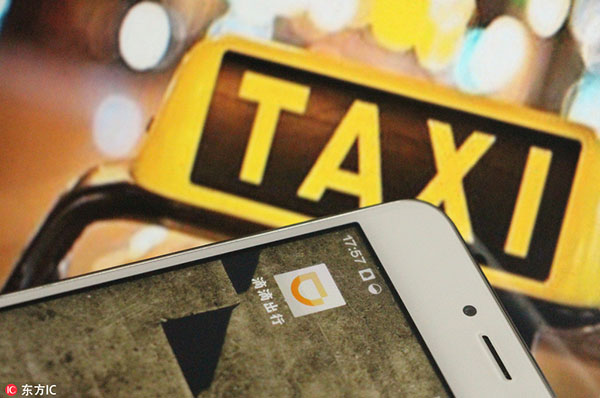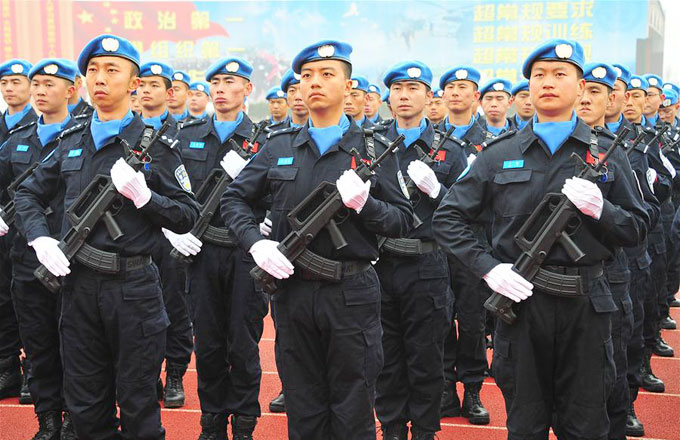New rule for car-sharing drivers: Learn English
 |
|
China toughened regulations on its Uber-like apps in October, making it even harder for drivers to get a license in megacities like Beijing and Shanghai, where such apps attract their major clientele – affluent urbanites – and drivers are required to be locals and have local car plates. [Photo/IC] |
If you want your car to serve Beijing's burgeoning car-hailing apps, you will have to refine your English language skills now.
A license that allows drivers to work for such apps in Beijing requires three tests. Two are written exams - one for general driving knowledge and another for driving in Beijing, including the city's transport system and an English listening test - followed by a practice driving test.
The new move came after China toughened regulations on its Uber-like apps in October, making it even harder for drivers to get a license in megacities like Beijing and Shanghai, where such apps attract their major clientele – affluent urbanites – and drivers are required to be locals and have local car plates.
The language requirement, which aims to serve Beijing's diverse population, including large expatriate communities, is expected to unleash a similar English-learning enthusiasm like that among cab drivers at the 2008 Beijing Olympics, when locals and people working in the service industries were mobilized to study the language amid a surging influx of overseas tourists.
Apps such as Didi Chuxing, China's answer to Uber that eventually acquired Uber, had long battled for legal status in the country as Uber does in other countries, such as US and France, where traditional taxi drivers took to the streets in defiance of the new technology trend.
Before the October regulation, app-ordered cars with plates registered outside Beijing hit the road, which, according to some critics, were partly responsible for the city's notorious traffic congestion.
By narrowing down eligible drivers and cars, China moved ahead of other countries to give the previously murky industry legal status.

















